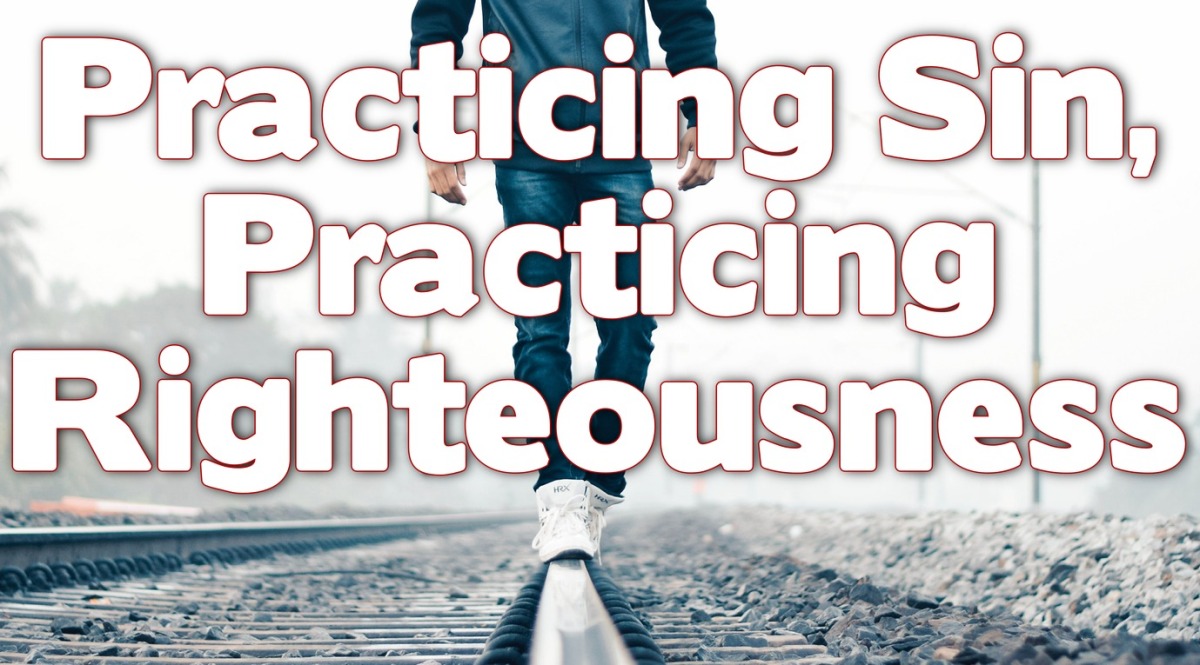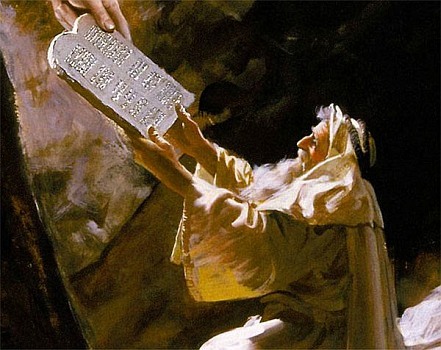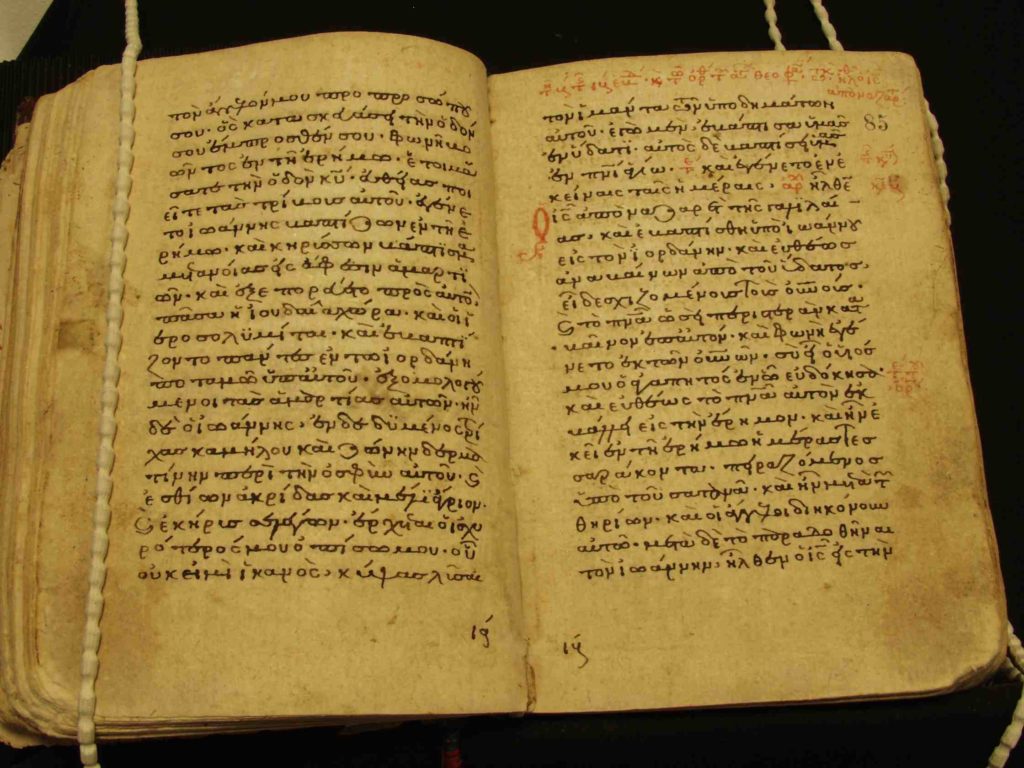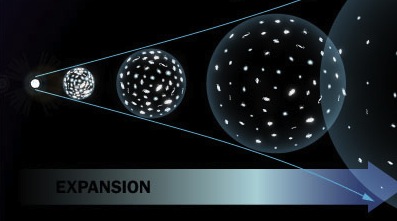The Laws of Logic

Only the Bible can make sense of the standards by which we evaluate whether or not something is true. One such set of standards are the laws of logic. We all know that a true claim cannot contradict another true claim. That would violate a law of logic: the law of non-contradiction. The statements “The light is red” and “The light is not red” cannot both be true at the same time and in the same sense. Laws of logic thus represent a standard by which we can judge certain truth claims. Moreover, all people seem to “know” laws like the law of non-contradiction. We all assume that such laws are the same everywhere and apply at all times without exception. But why is this? How do we know such things?
If we consider the biblical worldview, we find that we can make sense of the laws of logic. The Bible tells us that God’s mind is the standard for all knowledge because, “God . . . has perfect knowledge” (Job 37:15,16 NIV). “God has hidden all the treasures of wisdom and knowledge in Christ” (Colossians 2:3).





 “Whoever has ears, let them hear what the Spirit says to the churches” (
“Whoever has ears, let them hear what the Spirit says to the churches” (

